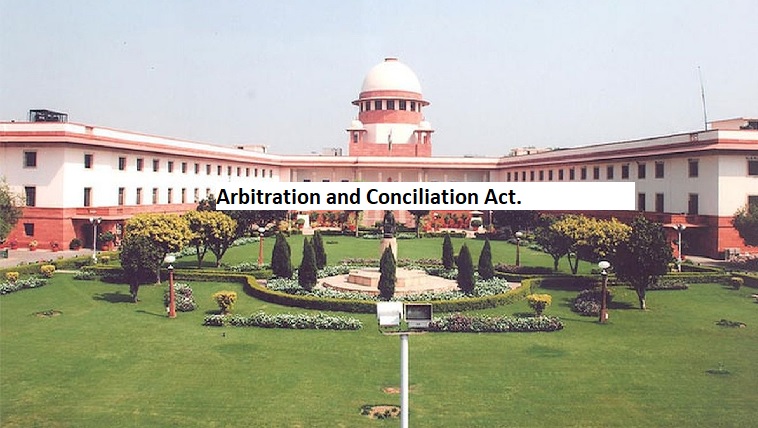


In a recent case, the Supreme Court deemed an arbitral award "patently illegal" and against India's public policy, stating that a claim for damages cannot automatically lead to an award without sufficient proof of injury. This decision underscores the need for substantial evidence in profit loss claims.
An award cannot be granted automatically for a damage claim without evidence of the claimant's actual injury. The specific arbitral award in question is clearly illegal, lacking any evidence, and is therefore in direct violation of India's public policy, as stated by Justices S. Ravindra Bhat and Dipankar Datta.
Section 34(2)(b)(ii) of the Arbitration and Conciliation Act, 1996, allows for setting aside an arbitral award if the court determines that it conflicts with the public policy of India.
The case was presented before a Division Bench consisting of Justices S. Ravindra Bhat and Dipankar Datta.
The matter was placed before the Division Bench of Justices S. Ravindra Bhat and Dipankar Datta.
In this case, M/S Unibros, the appellant, was contracted by All India Radio (the respondent) to construct Delhi Doordarshan Bhawan, Mandi House, Phase-II, New Delhi. The project faced a delay of about 42½ months, leading to disputes. These disputes were referred to an arbitrator, who twice upheld the appellant's claim for compensation due to the loss of profit.
It must be noted that when the first award was challenged before the High Court, the Court while setting aside the award, remitted the same to the arbitrator for re-consideration. However, when the award was maintained again, the appellant’s claim was rejected by the Single Judge Bench of the High Court. The same decision was not interfered by the Division Bench of the High Court. Aggrieved by the same, the appellant approached the Top Court.
The Bench while referring to the decisions related to the interpretation of Public Policy, observed that these decisions have interpreted “public policy of India” to include, among others, compliance with fundamental policy of Indian law, statutes and judicial precedents, need for judicial approach, compliance with natural justice, Wednesbury unreasonableness and patent illegality. In this context, the Court held:
After reviewing the Second Award, it is clear to us that it is no better than the First Award and is also in violation of India's public policy. The factors considered by the Arbitrator in both instances are identical. It is fundamental, albeit worth reiterating, that a lower court must gracefully accept a binding judicial decision from a higher court, even if it may be disagreeable to the lower court.
TAGS: Second Award Public policy of India Conflict Factors Arbitrator's mind Judicial decision.